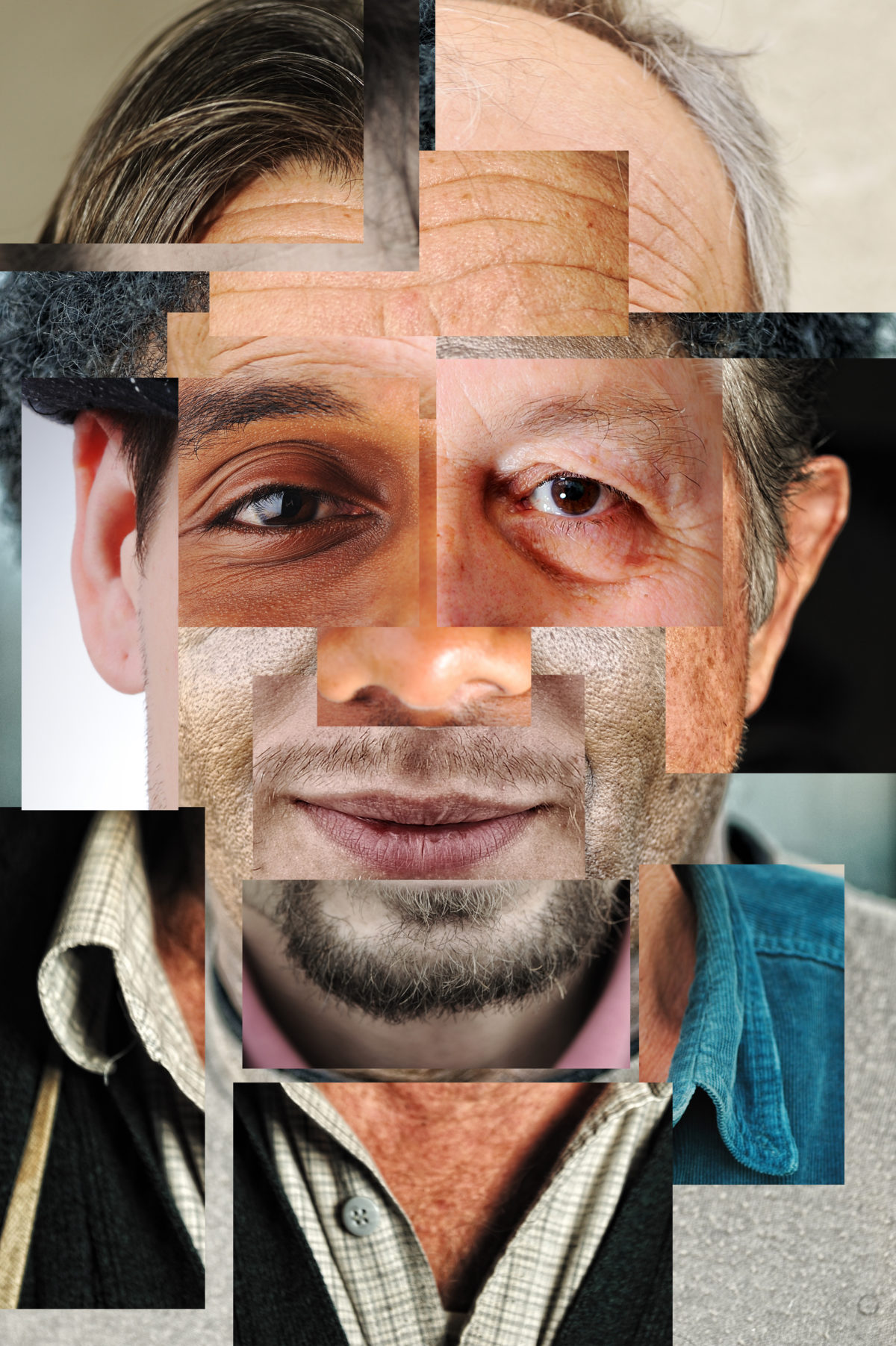Apple has taken the significant step to begin notifying individuals about the threat of state-sponsored attacks on their accounts and devices. Apple is suing NSO Group and its parent company to attempt to hold them accountable for surveillance of Apple users. Their lawsuit, filed November 23, 2021, seeks an injunction to ban NSO Group permanently from using any Apple software, services, or devices. It comes after NSO Group has been shown to have infected Apple users’ devices with Pegasus spyware.
Apple’s Actions to Notify Impacted Users
Apple threat notifications are intended to provide warnings to individuals who may have been targeted by state-sponsored attacks. They use two different methods to notify the user through their account. When logging into appleid.apple.com, there will be a Threat Notification displayed at the top of the page. Additionally, the user will receive an email and an iMessage notification to the email addresses and phone numbers associated with their Apple ID account. The notifications offer advice on the steps that they can take to improve their security and protect their devices and personal information.
In a press release, Apple’s senior vice president of Software Engineering, Craig Federighi, said, “State-sponsored actors like the NSO Group spend millions of dollars on sophisticated surveillance technologies without effective accountability. That needs to change.”
NSO Group Allegations
The legal complaint from Apple reveals new information about the activities of NSO Group. It highlights FORCEDENTRY, which exploited a former vulnerability to gain access to Apple devices and install the NSO Group’s spyware Pegasus. The lawsuit from Apple intends to both ban NSO Group from having access to Apple products and services and to seek action on the violation of federal and state law by the NSO Group.
WhatsApp Similar Litigation
In 2019, WhatsApp also brought a court case aiming to hold NSO Group accountable for distributing their spyware through the app. A group of other tech companies, including Google and Microsoft, lent their official support to WhatsApp to encourage the United States Court of Appeals for the Ninth Circuit to hold NSO Group accountable.
Apple responds by funding Cyber Threat Research
Apple has also announced a $10 million contribution in support of cyber-surveillance researchers and advocates. Any damages from the lawsuit have also been pledged to organizations in these areas. Apple is also supporting Citizen Lab, a research group at the University of Toronto that originally discovered the exploit that NSO Group used, by providing technical, threat intelligence, and engineering assistance at no charge. They will also provide assistance to other organizations doing work in the same field, where appropriate.
Ron Deibert, director of the Citizen Lab at the University of Toronto said, “Mercenary spyware firms like NSO Group have facilitated some of the world’s worst human rights abuses and acts of transnational repression, while enriching themselves and their investors. I applaud Apple for holding them accountable for their abuses, and hope in doing so Apple will help to bring justice to all who have been victimized by NSO Group’s reckless behavior.”In response to the complaint, NSO Group replied, “Thousands of lives were saved around the world thanks to NSO Group’s technologies used by its customers”. They said, “Pedophiles and terrorists can freely operate in technological safe-havens, and we provide governments with the lawful tools to fight [them]. NSO group will continue to advocate for the truth.”


